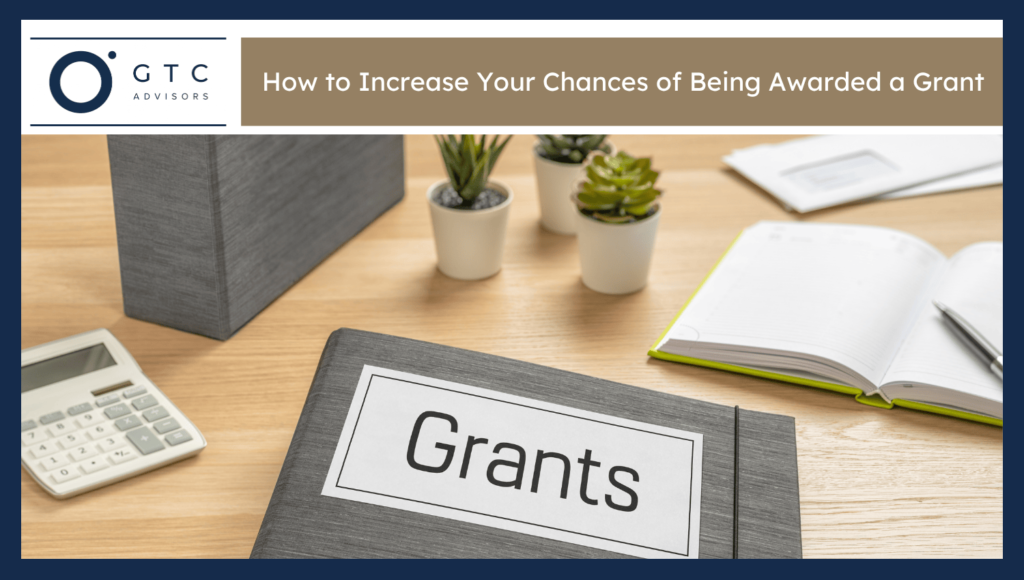Focus on the funder’s priorities, stick to the guidelines, and write a winning proposal. Use the 3 Cs rules of clear, concise, and compelling to write a meaningful grant proposal. Follow the format, and show respect to the funder. Describe the project problem, impact, and solution with relevant statistics. Clearly explain how this project is going to benefit and relate it to their previously funded projects. Create relevancy and set SMART goals. Follow up on the application after submission and stay in touch with the funder. Build relationships and don’t treat grant money as free. Applicants are accountable to the grantmakers about where the money is used. Transparency in budgeting increases the chance of being awarded a grant.
What Should You Do Before Applying?
Research the funding guidelines and make sure to follow them. Grantmakers often ignore the applications that do not follow the basic criteria. Read the eligibility criteria and stick to the recommended word count. Gather all the required documents and the organization’s certificates to save time after the LOI. Study the past projects of the funder and show how this relates to them. Collect the statistics and proofs of successful projects that were relevant to it.
How Can You Strengthen Your Grant Proposal?
Here are the five tips to strengthen the grant proposal:
- Write a Clear Statement of Need: A statement of need makes or breaks the proposal. Describe the problem and the reason for addressing it in the project. Give a valid reason to the funder about why this project needs to be funded and which society is going to benefit from it.
- Present a Strong Project Plan: Create a strong project plan with daily activities and a timeline. Share the specific approaches or interventions to solve the needs of the project.
- Create a Realistic Budget: Create a realistic budget about where the funds are to be used. List everything from salaries to supplies and travel. Provide justification of how this supports and relates to the project.
- Show Measurable Impact: People often stick with 3 to 4 measurable positive outcomes throughout the proposal. Don’t make vague promises and share how long the project is going to take. Share milestones to achieve after every 3 to 6 months to track the performance.
- Use the 3 Cs (Clarity, Concise, Compelling): Use easy words with active vices to increase clarity. Don’t add fluff words and be direct. Write factual and authentic information in a compelling way. Add statistics, the organization’s achievements, and awards to build trust.
Why Should You Show Organizational Capacity and Credibility?
Here are five reasons to show organizational capacity and credibility:
- Highlight Experience & Past Success: Sharing organizational capacity and credibility increases the funder’s trust. Share past experiences with the relevant projects and any successful projects that achieved positive outcomes. Persuade the funder to acknowledge the organization’s capacity to tackle complex projects.
- Show Skilled Team Members: Introduce the core team members and managers to the funder. It shows how skillful the team is and how well they can handle the project. Having an expert team increases the chances of winning the grant.
- Add Partnerships or Letters of Support: Share the letter of support from industry experts who have endorsed the project. List the partners to show how well-connected and renewed the organisation is. Partnerships also indicate the likelihood of collaboration on the project in the future.
- Demonstrate Financial Stability: Funders don’t want to fund projects that are likely to shut down after receiving funds. Submit the financial statements and a recent 990 form. It persuades the funders that the applicant is capable of investing their own money in the project when the funds end.
- Include Monitoring & Evaluation Plans: Share the criteria to track the progress of the projects with the funder. Describe how this collected data is used to make informed decisions.
What Role Does Relationship Building Play in Grant Success?
Relationship building increases the chances of getting grants. Stay in touch with the grant officers and ask them relevant questions. Visit them after two to three days and get noticed. Join their networking events to show interest in their projects and engage with them even after submitting an application. This relationship strategy works to get referrals. Grant money is a competitive process, and it requires a valuable project to get funds. Acknowledge the funder and respect them even when the application gets rejected. Make changes in the project where needed and resubmit the proposal.
How Can You Make Your Application Stand Out?
Avoid using a pre-written template from Google when applying for a grant. Personalize the grant and show the funder how their previous work aligns with the project. Use storytelling techniques and stick to the main point. Add relevant statistics for credibility and trust. Infographics and visuals work best to break down the technicalities of the project.
What Should You Do After Submitting Your Application?
Track the application status and gather all the documents for the next phase. Funders often conduct interviews to know more about he project and verify the details. Try to find the reason if the application got rejected. Make improvements and resubmit the proposal.
What are the Common Mistakes That Reduce Grant Success (and How to Avoid Them)
Here are the five common mistakes that reduce grant success and ways to avoid them:
- Not Reading Guidelines Carefully: Make sure to read the funder’s guidelines before writing the proposal. Failure to do so leads to automatic rejection. Funders don’t even give the application a read that meets the basic criteria.
- Weak Budget Justification: Give a brief overview and budgeting plan about where the money is going to be used. Any irrelevance in the narrative and plan creates a doubt in the funder’s mind.
- Overpromising or Unrealistic Goals: Set SMART goals and don’t make vague promises.
- Submitting at the Last Minute: Grant writing requires patience, attention to detail, and proofreading. Submitting at the last time increases the risk of errors, typos, and missing important project details.
- Using a Generic Proposal for All Grants: Personalizing the grant is the key to winning the proposal. Don’t copy and paste on proposals for every grant. Understand the founder’s background and then write the application to connect emotionally.

George C. Tagg, Jr.
George serves as a trusted counsel to business leaders, non-profit executives, and management teams. George is a licensed attorney with a master’s in international affairs and over 20 years’ experience in the U.S. Congress, Department of State, Department of Defense, global public policy, and political campaigns.


